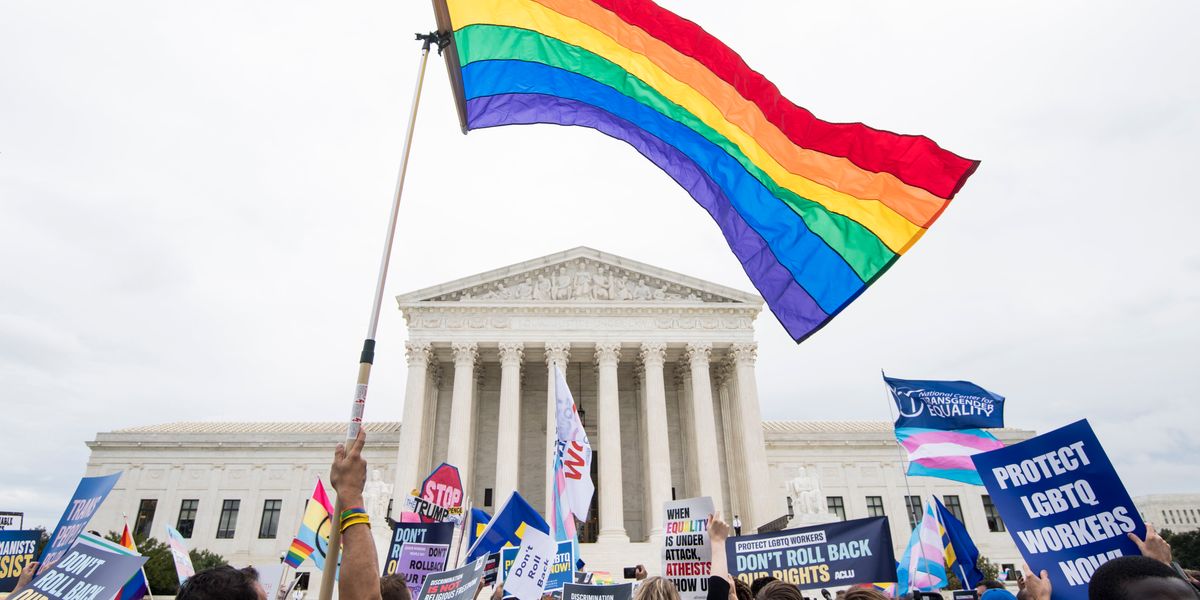
The Supreme Court delivered a historic 6-3 decision this morning that reinforces the Civil Rights Act of 1964 by protecting LGBTQ+ people from employment discrimination. The landmark victory for gay rights and trans activists comes not only during 2020 Pride month, but also during a time when the court is out of balance with a surplus of conservative justices.
Many were shocked to read that Justice Neil Gorsuch delivered the majority opinion for the court relating to the three cases involved: Bostock v. Clayton County, Georgia, Altitude Express v. Zarda and R.G. & G.R. Harris Funeral Homes v. EEOC. Gorsuch, a 2017 appointee to the court by current President Donald Trump, has been thought to lean conservative in his opinions for the court and was widely opposed by leftists during the nomination process. Some scholars believe that his decision in this particular situation is due to his very-public textualist stance on interpreting the US Constitution.
Three justices wrote in dissent of the majority: Samuel Alito, Brett Kavanaugh and Clarence Thomas. Their dissent proved unsurprising to those following the case, and was backed by their opinions that the law needs reconsideration and rewriting by Congress and not the courts.
Still, the ruling is a huge victory for LGBTQ+ Americans who have faced employment discrimination, now protecting them under the same law barring discrimination based on "race, color, religion, sex or national origin." The key deciding word for the cases in the opinion delivered today, it seems, was "sex." Gorsuch himself wrote that, "An employer who fires an individual for being homosexual or transgender fires that person for traits or actions it would not have questioned in members of a different sex," thus providing a robust outline for the rest of the opinion.
Activists and reporters took to Twitter to celebrate the big win, making sure to note that this opinion was major in more ways than one. On top of winning over Gorsuch, advocates had Chief Justice John Roberts in their corner who notoriously dissented from the 2015 win for marriage equality.
Photo via Getty/ Bill Clark/ CQ-Roll Call, Inc
From Your Site Articles
- Senate Confirms Brett Kavanaugh into Supreme Court - PAPER ›
- Laverne Cox Asks Fans to Rally at the Supreme Court - PAPER ›
- #RiseUpOct8: Supreme Court Hearing LGBTQ Civil Rights Cases ... ›
- This Supreme Court Vote Allows Trump to Weaken Birth Control Coverage - PAPER ›
- Ketanji Brown Jackson Nominated for the Supreme Court ›
- Senate Confirms Judge Ketanji Brown Jackson to Supreme Court ›
- Clarence Thomas Wants to Target Contraception, LGBTQ+ Rights Next ›
Related Articles Around the Web